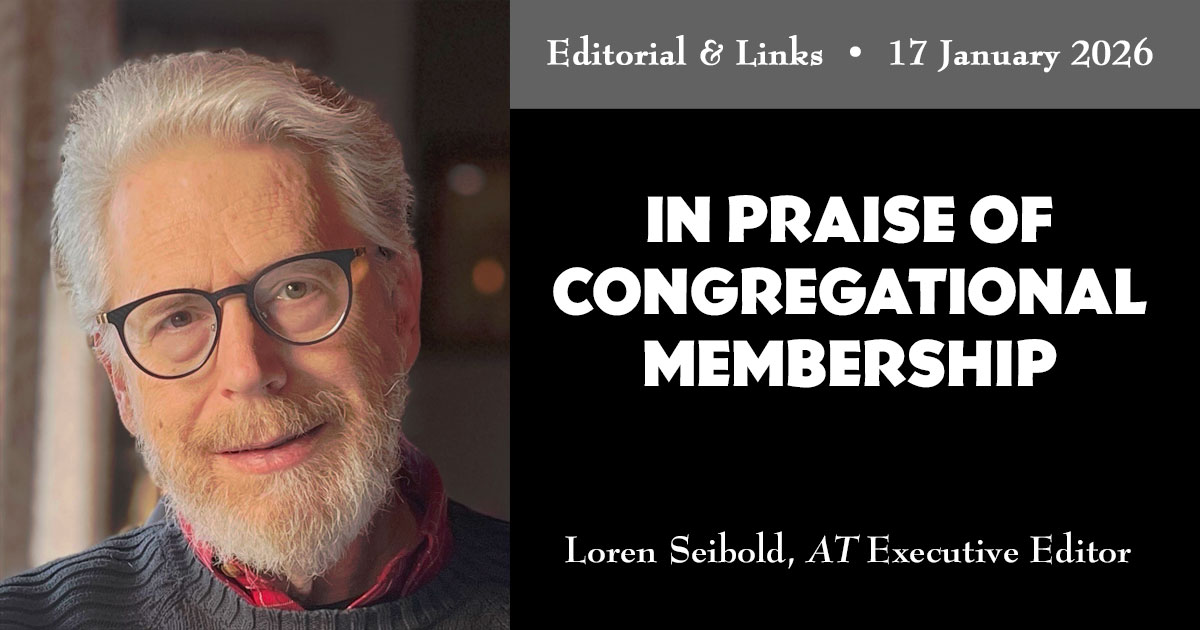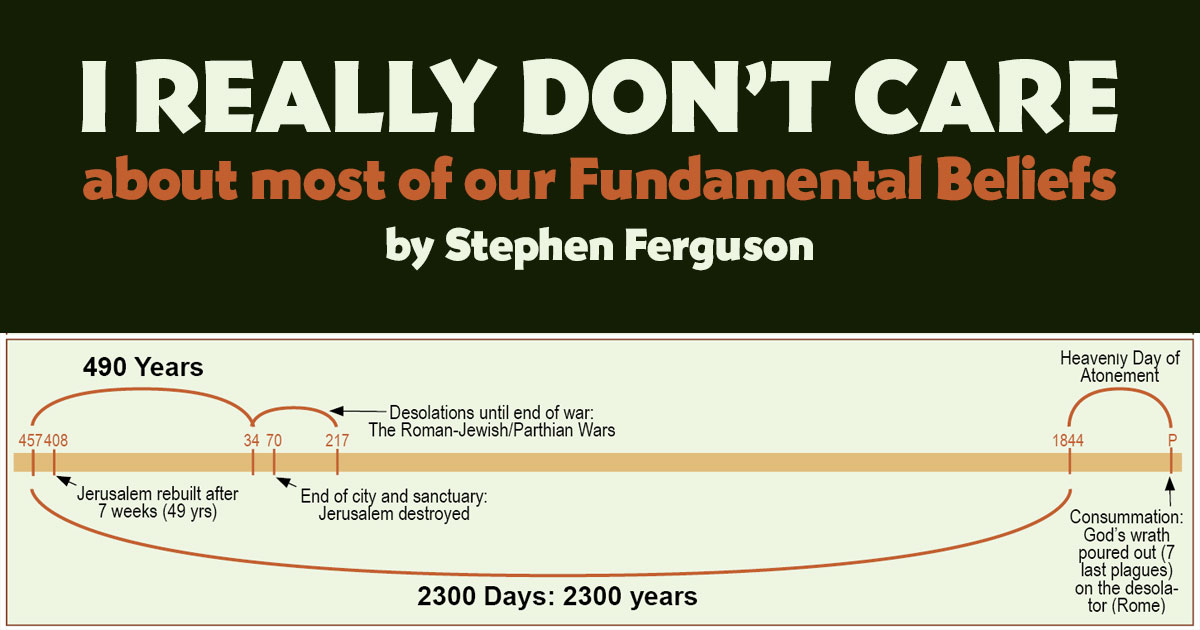Obadiah: Edom and Israel
When you correct your brother or sister while they're already having a bad time, is it because of love for them or pride for yourself? This is a question we all should ask before we make a move. Let's take time to list some ways that Jesus corrected others during His ministry. Share below. Source: https://www.youtube.com/shorts/NI84oI6exwQ
Sunday: Disunity in Philippi
Daily Lesson for Sunday 18th of January 2026
Read Philippians 2:1-3. What factors seem to have led to disunity within the church? What does Paul suggest as a remedy?
It must have been a tremendous disappointment for Paul to see the church that he established and loved so much racked with rivalry and consumed with contention. He uses very strong language to describe the problems. “Selfish ambition” translates a word (Greek, eritheia), used earlier in Philippians 1:17 (ESV) to refer to Paul’s self-interested rivals in Rome who were bent on promoting themselves rather than advancing the cause of Christ.
“Selfish ambition” is among the works of the flesh (Galatians 5:20, NKJV), and as James indicates, “where envy and self-seeking exist, confusion and every evil thing are there” (James 3:16, NKJV). The Greek word for “conceit” is used only here in the New Testament, but appears in extrabiblical literature in the sense of arrogance, hollow pride, and having an inflated sense of oneself. Paul uses a closely related word in admonishing the Galatians: “Let us not become conceited, provoking one another, envying one another” (Galatians 5:26, NKJV).
Note the remedies Paul lists for these problems:
1. Consolation in Christ. Paul will proceed to use Christ’s own example as a powerful motivation.
2. Comfort of love. Jesus reveals divine love and commands us to “love one another as I have loved you” (John 15:12).
3. Fellowship of the Spirit. The presence of the Holy Spirit creates a close Christian relationship like the one that pervaded the early church (Acts 2:42; compare 2 Corinthians 13:14).
4. Affection (or compassion). We see this divine quality frequently manifested in the life of Christ (see Matthew 9:36, Matthew 20:34, and Mark 1:41) and described in the parables of the good Samaritan (Luke 10:33) and the prodigal son (Luke 15:20).
5. Mercy. This quality, exemplified by Jesus, is to be seen also in the lives of His followers (Luke 6:36).
6. Being like-minded, having the same love, being of one accord, of one mind. What a picture! It is difficult to imagine how Paul could emphasize the importance of unity more strongly. As Paul will point out, the mind we are to have “was also in Christ Jesus” (Philippians 2:5).
“Por Inteiro” by Eliel Oliveira
"Por Inteiro" (“Completely”) is a heartfelt song of surrender, expressing the deep desire to give every part of ourselves to God. With passion and sincerity, Eliel Oliveira offers this moving performance in Portuguese as a prayer of full devotion, holding nothing back. 🎶 This inspiring moment from the General Conference Session is a call to surrender completely to the One who gave everything for us. Press play and let your heart echo the words: “Take all of me, Lord.” SUBSCRIBE to the official Seventh-day Adventist Church channel: https://www.youtube.com/@AdventistOrgChurch 🌐 Visit: https://adventist.org Find us on social media by following the links below: Facebook: https://www.facebook.com/TheAdventistChurch Twitter: https://x.com/adventistchurch
Instagram: https://www.instagram.com/adventistchurch Source: https://www.youtube.com/watch?v=pLl5uh6KMEE
God Speaks to Us
Did not our heart burn within us while He talked with us on the road, and while He opened the Scriptures to us? Luke 24:32.
After Christ’s death two disciples, on their way to Emmaus from Jerusalem, were talking over the scenes of the crucifixion. Christ Himself drew near, unrecognized by the sorrowing travelers. Their faith had died with their Lord, and their eyes, blinded by unbelief, did not recognize their risen Savior. Jesus, walking by their side, longed to reveal Himself to them, but He accosted them merely as fellow travelers, saying “What manner of communications are these that ye have one to another, as ye walk, and are sad?” Astonished at the question, they asked if He were a stranger in Jerusalem and had not heard that a prophet, mighty in word and deed, had been crucified. “We trusted that it had been He which should have redeemed Israel,” they said, sadly.
“O fools, and slow of heart to believe all that the prophets have spoken,” Christ said; “ought not Christ to have suffered these things, and to enter into his glory? And beginning at Moses and all the prophets, he expounded unto them in all the scriptures the things concerning himself.” …
The disciples had lost sight of the precious promises linked with the prophecies of Christ’s death, but when these were brought to their remembrance, faith revived; and after Christ had revealed Himself to them, they exclaimed, “Did not our heart burn within us, while he talked with us by the way, and while he opened to us the scriptures?” …
If we would search the Scriptures, our hearts would burn within us as the truths revealed therein are opened to our understanding. Our hopes would brighten as we claim the precious promises strewn like pearls through the Sacred Writings. As we study the history of patriarchs and prophets, men who loved and feared God, walking with Him, our souls would glow with the spirit that animated them….
The question is asked, What is the cause of the dearth of spiritual power in the churches? The answer is, We allow our minds to be drawn away from the Word…. The Word of the living God is not merely written, but spoken. It is God’s voice speaking to us, just as surely as if we could hear it with our ears. If we realized this, with what awe we would open God’s Word, and with what earnestness we would search its pages.—The Review and Herald, March 31, 1903.
From the Heart p. 29
~~~~~~~~~~~~~~~~~~~~~~~~~~~~~~
Prayer Requests
—-Please pray for Joyce. She is having a lot of trouble recovering from surgery. Also please pray for Fran. Rose
—-I have a friend who needs prayers because she hasn’t had a bowel movement in at least a week or so. She’s tried everything. Her Dr did a x-ray and she was told her intestines are backed up. An enigma will not be helpful in this case and could be more harmful. My friend doesn’t want to have surgery but doesn’t know what else to try. Danita
—-G needs our prayers. Buck
—-please pray for Pat who is in the hospital with the flu very bad. It is especially bad because she has COPD and kidney disease. M
—-Please pray for my daughter. Jenny, who is having a really hard time. So many things. For my daughter Jody whose husband is still not working, needs a job. For A young man named Owen, who just got a kidney transplant. That it will be successful. And he will not reject. Debra
~~~~~~~~~~~~~~~~~~~~~~~~~~~~~~~
Dear Friends,
How often I have heard mothers say that they can hardly wait until their children are grown so they will not have so much work or worry. What a surprise they are in for! Little children are a lot of work and a little worry. Older children are less work and quite a bit of worry. Grown children pull on our heartstrings as we see them go through all the troubles and trials of adulthood. Seeing them struggle brings great pain to our heart. Then we long for the days when they were tiny ones again and we could fix their hurts.
Yet it helps us realize in a small way the pain our Heavenly Father must have as He sees His children experiencing physical or emotional pain. How His Great Heart of Love must ache as He watches us struggling. How He would love to take complete control of our situation and make it all right, but He will not force us to allow Him to do so. Instead, He waits to be asked to take control of our life. If we allow Him to do so, He can fix all our tangled problems and place our feet on the right path.
Jesus reminds us, “Without me ye can do nothing.” John 15:5 How true. Without Jesus’ dwelling within us, all our efforts against the trials and pain that beset us are in vain. Solomon experienced this. He had started out his reign so well, but through wrong influences and choices his life was a failure. How disappointed he made the True King of Israel. Looking back over his life, Solomon commented, “Vanity of vanities; all is vanity. I have seen all the works that are done under the sun; and, behold, all is vanity and vexation of spirit. Therefore I hated life; because the work that is wrought under the sun is grievous unto me: for all is vanity and vexation of spirit.” Ecc 3:2, 14, 17
Praise God, He does not leave us to fight our battles alone! If we come to Him, He will give us the help we so desperately need! Moreover, He will change us into His image. Jesus, alone, gives our life true meaning. Jesus, alone, can save us from all of the pain the evil one heaps upon us. He is even now pleading with us, “As I live, saith the Lord GOD, I have no pleasure in the death of the wicked; but that the wicked turn from his way and live: turn ye, turn ye from your evil ways; for why will ye die? Eze 33:11 “Turn ye even to me with all your heart, and with fasting, and with weeping, and with mourning: And rend your heart, and not your garments, and turn unto the LORD your God: for he is gracious and merciful, slow to anger, and of great kindness. Joel 2:12,13
May we so live that as we look back over the years of our life we will be able to declare as did Paul, “I have fought a good fight, I have finished my course, I have kept the faith: Henceforth there is laid up for me a crown of righteousness, which the Lord, the righteous judge, shall give me at that day: and not to me only, but unto all them also that love his appearing.” 1 Tim 4:7, 8
Rose
EDITORIAL: In Praise of Congregational Membership

One of the frequent misunderstandings I hear from Seventh-day Adventists is that we are members of the Seventh-day Adventist denomination. This is not, strictly speaking, true. You are a member of one congregation of the Seventh-day Adventist Church. Some would like you to think that you must conform to everything that leaders of the church […] Source: https://atoday.org/editorial-in-praise-of-congregational-membership-2/
God First: Your Daily Prayer Meeting #1249
Bible verse of the day: Titus 2:13 – "while we wait for the blessed hope—the appearing of the glory of our great God and Savior, Jesus Christ," Welcome to our Daily Prayer Meeting! This is a safe space where you are seen, heard, and prayed for. Start your day in God's presence—every day at 8AM ET, we share a short devotional from God's Word and lift your prayer requests to Him. You're not alone! Our prayer team is here to intercede with you and for you. Whether you need prayer, celebrate a breakthrough, or start your day with Jesus, you're in the right place. Share your prayer requests or testimonies of praise here: https://wkf.ms/3DBuapQ Engage with us in the comments:
• How can we pray for you today?
• Where are you watching from?
• What are you thankful for? How has God answered your prayers?
Let’s grow together in faith, hope, and love—one prayer at a time. Don’t forget to subscribe and turn on notifications so you never miss a prayer. 🔔 Share this video with someone who needs hope or tag a loved one who needs encouragement today. Today’s Message: Dr Yves Mbende The Seventh-day Adventist Church has been an established denomination since 1863. It is a global Christian family with over 21 million members who hold the Bible as the ultimate authority. We are believers committed to helping people understand the Bible to find freedom, healing, and hope in Jesus. Want to learn more about the Seventh-day Adventist Church? Visit our website at: https://www.adventist.org/ Find us on social media by following the links below:
Facebook:
https://www.facebook.com/theadventistchurch
Instagram:
https://www.instagram.com/adventistchurch
Twitter/X: https://twitter.com/adventistchurch 👉 Want more prayer moments?
Watch our full playlist of daily prayer videos here: https://youtube.com/playlist?list=PL-k2Gb-DBYo–V8axD7iFUL6TFEckrhxv&si=vIljgfwrSZN6iJR2 God First, Daily Prayer, Prayer Meeting, Christian Prayer, Morning Devotional, Hope In Jesus, Bible Verse Of The Day, Prayer Request, Faith Community, Seventh Day Adventist Source: https://www.youtube.com/watch?v=HXM2HEmMtOE
Sometimes God doesn’t stop us to punish us—He stops us to heal us. #godsway #faithjourney
I Really Don’t Care About Most of the Adventist Fundamental Beliefs

By Stephen Ferguson | 16 January 2026 | I am just going to come out and say what I think is now a fairly common stance of many Seventh-day Adventists today: I just don’t care about many of our 28 Adventist Fundamental Beliefs. Do not confuse my position. I never said I don’t believe in […] Source: https://atoday.org/i-really-dont-care-about-most-of-the-adventist-fundamental-beliefs/
January 16: Angola anti-violence March; ADRA literacy in El Salvador & more global news
In this retrospective episode of ANN, thousands of Adventist women marched against gender violence in the streets of Lubango, Angola. In El Salvador, over a thousand adults became literate through an ADRA project. Plus, the Adventist Hospital of Penang made it to the list of the best in the Asia-Pacific in 2025. Stay tuned as ANN brings everything you need to know about what is happening in the church worldwide. For a deeper dive into these headlines, visit https://www.adventist.news ANN is the official news channel of the Seventh-day Adventist Church. Follow ANN on social media!
WhatsApp: https://www.whatsapp.com/channel/0029Vap6xVnLSmbezxbMpa18 Instagram: https://www.instagram.com/adventistnews/ Facebook: https://www.facebook.com/AdventistNews X: https://x.com/adventistnews Source: https://www.youtube.com/watch?v=MaAwMnrE0Cs
- « Previous Page
- 1
- …
- 49
- 50
- 51
- 52
- 53
- …
- 4846
- Next Page »


